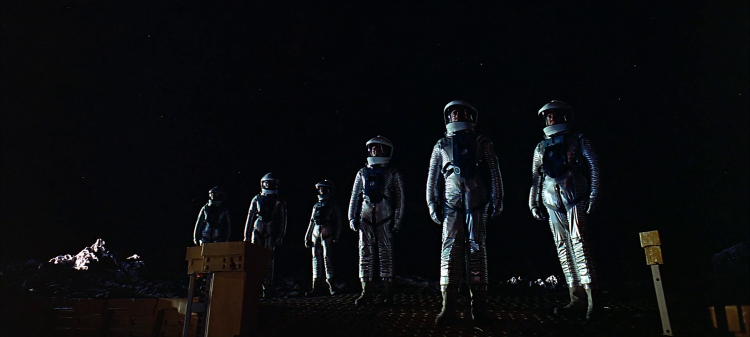
Charles Bukowski’s poems hit you like a punch to the gut and dredge up emotions buried deep, deep down with your fears. His poems are often gritty, bitter and dark. The shadows of his childhood and human failures are unflinchingly presented to the reader. The honesty and realism that runs through his poems, however, are what draw you back and back again. No other modern poet manages to peel back the facade of humanity to reveal the dirt that clings to us all, yet finds that, to quote Ralph Waldo Emerson, “Even in the mud and scum of things, something always, always sings.” He doesn’t want your pity, he acknowledges that everything is just a messy, dirty, chaotic affair; his final message is that life sucks, but you get to live it on your own terms and there is beauty in that.
Bluebird
there’s a bluebird in my heart that
wants to get out
but I’m too tough for him,
I say, stay in there, I’m not going
to let anybody see
you.
there’s a bluebird in my heart that
wants to get out
but I pour whiskey on him and inhale
cigarette smoke
and the whores and the bartenders
and the grocery clerks
never know that
he’s
in there.there’s a bluebird in my heart that
wants to get out
but I’m too tough for him,
I say,
stay down, do you want to mess
me up?
you want to screw up the
works?
you want to blow my book sales in
Europe?
there’s a bluebird in my heart that
wants to get out
but I’m too clever, I only let him out
at night sometimes
when everybody’s asleep.
I say, I know that you’re there,
so don’t be
sad.
then I put him back,
but he’s singing a little
in there, I haven’t quite let him
die
and we sleep together like
that
with our
secret pact
and it’s nice enough to
make a man
weep, but I don’t
weep, do
you?
(Yes, Charles, we do, thanks to you)
Cause and Effect
the best often die by their own hand
just to get away,
and those left behind
can never quite understand
why anybody
would ever want to
get away
from
them
To the Foxes
don’t feel sorry for me.
I am a competent,
satisfied human being.be sorry for the others
who
fidget
complainwho
constantly
rearrange their
lives
like
furniture.juggling mates
and
attitudestheir
confusion is
constantand it will
touch
whoever they
deal with.beware of them:
one of their
key words is
“love.”and beware those who
only take
instructions from their
Godfor they have
failed completely to live their own
lives.don’t feel sorry for me
because I am alonefor even
at the most terrible
moments
humor
is my
companion.I am a dog walking
backwardsI am a broken
banjoI am a telephone wire
strung up in
Toledo, OhioI am a man
eating a meal
this night
in the month of
September.put your sympathy
aside.
they say
water held up
Christ:
to come
through
you better be
nearly as
lucky.
How is Your Heart?
during my worst times
on the park benches
in the jails
or living with
whores
I always had this certain
contentment-
I wouldn’t call it
happiness-
it was more of an inner
balance
that settled for
whatever was occuring
and it helped in the
factories
and when relationships
went wrong
with the
girls.
it helped
through the
wars and the
hangovers
the backalley fights
the
hospitals.
to awaken in a cheap room
in a strange city and
pull up the shade-
this was the craziest kind of
contentmentand to walk across the floor
to an old dresser with a
cracked mirror-
see myself, ugly,
grinning at it all.
what matters most is
how well you
walk through the
fire.
Say what you will about Bukowski, his women, his booze, his bitterness. But he certainly wrung the most out of life and died beholden to no one but himself. Listen to Atticus Finch describe Mrs Dubose and decide for yourself.
“I wanted you to see what real courage is, instead of getting the idea that courage is a man with a gun in his hand. It’s when you know you’re licked before you begin but you begin anyway and you see it through no matter what. You rarely win, but sometimes you do. Mrs. Dubose won, all ninety-eight pounds of her. According to her views, she died beholden to nothing and nobody. She was the bravest person I ever knew.”







